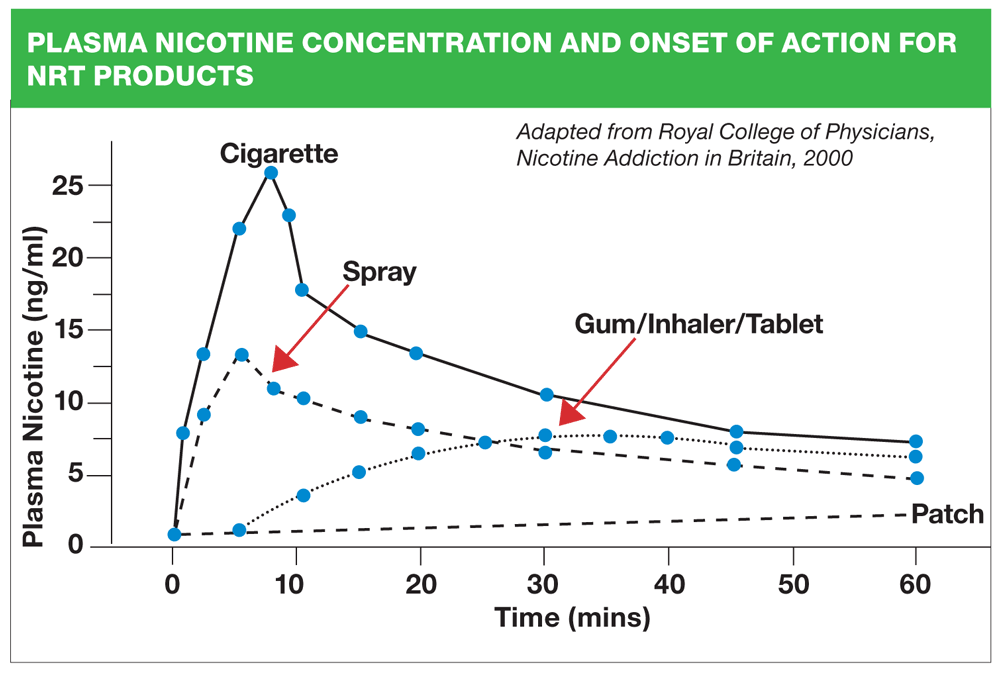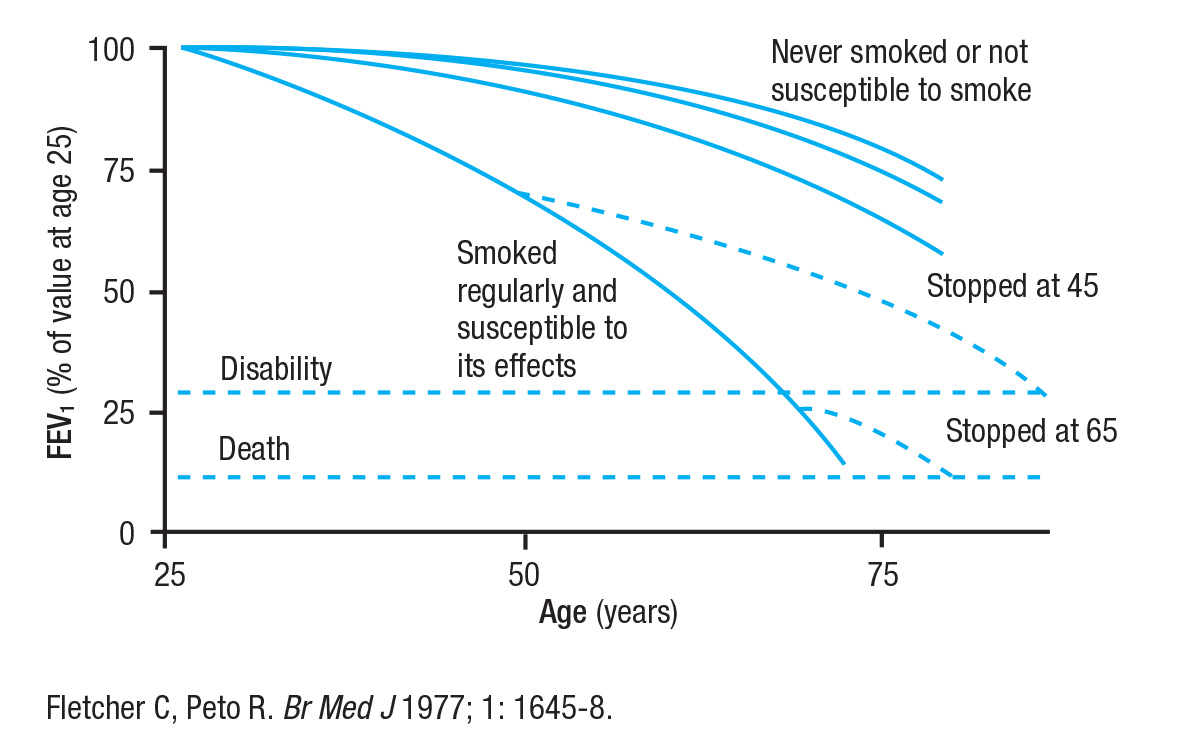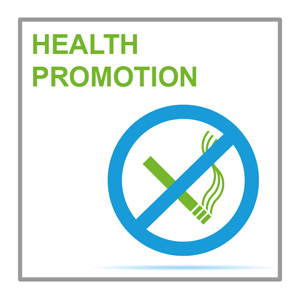SMOKING CESSATION
Smoking is damaging to health and every smoker should be advised to stop. The nicotine in tobacco is highly addictive, and many smokers who wish to quit need help to do so. Brief advice can double the natural quit rate. Brief advice + behavioural support + pharmacology can quadruple it. Offering advice and support to stop smoking is the single most cost- effective and clinically proven preventive action a practitioner can undertake. General practice is a key setting for intervention. Level 1 intervention: Very brief advice (AAA)30 seconds to save a life ASK and record smoking status (smoker/ex-smoker/non-smoker) ADVISE patient of health benefits of quitting (‘Stopping smoking is the best thing you can do for your health’) ACT on patient’s response: build confidence, give information, refer (to local NHS or practice stop-smoking service). Level 2: Brief intervention5-10 min, delivered by trained member of practice team, with time to discuss treatment options in more detail and encourage referral to local NHS Specialist Stop Smoking Service. Level 3 intervention: Intensive face-to-face support6 weeks or longer, delivered by a specialist service, with prescription of appropriate stop smoking medicines. Has the highest success rate. Brief advice and intervention is more effective when part of an overall stop-smoking strategy within your practice. Local NHS Stop Smoking Services can help practices develop and maintain a successful overall strategy, including audit of referrals and QOF payments, and provide free training and certification to enable practice staff to become specialist advisers with an up-to-date knowledge of treatments. Motivational aid: the Fletcher-Peto graphShows how the natural decline in lung function with age is accelerated by smoking, and how it is never too late to benefit from stopping Fletcher C, Peto R. Br Med J 1977; 1: 1645-8.
Nicotine replacement therapy (NRT)NRT is much safer than cigarettes, which expose smokers to many harmful chemicals in addition to nicotine. NRT allows nicotine levels to be reduced gradually, often over 12 weeks. The various NRT formulations are available in different strengths and many people will benefit from combining two products:
Other pharmacotherapy: bupropion (Zyban). Varenicline (Champix) has not been available since 2021 due to manufacturing difficulties. Practice Nurse featured articles
e-cigarettes - a potential game-changer in getting people to stop smoking Mandy Galloway Smoking cessation: tailoring your approach to the individual smoker Darush Attar-Zadeh Smoking cessation: What works Mandy Galloway Smoking in pregnancy Mandy Galloway Tobacco: Reducing the harm Dr Ed Warren Stepwise approach to smoking cessation Darush Attar-Zadeh Practice Nurse Curriculum Module
NICE NG92. Stop smoking interventions and services; 2018 https://www.nice.org.uk/guidance/ng92 A new NICE guideline, Tobacco: preventing uptake, promoting quitting and treating dependence, is expected in November 2021. NHS stop smoking services to help patients quit smoking https://www.nhs.uk/live-well/quit-smoking/nhs-stop-smoking-services-help-you-quit/ National Centre for Smoking Cessation and Training https://www.ncsct.co.uk |
|


